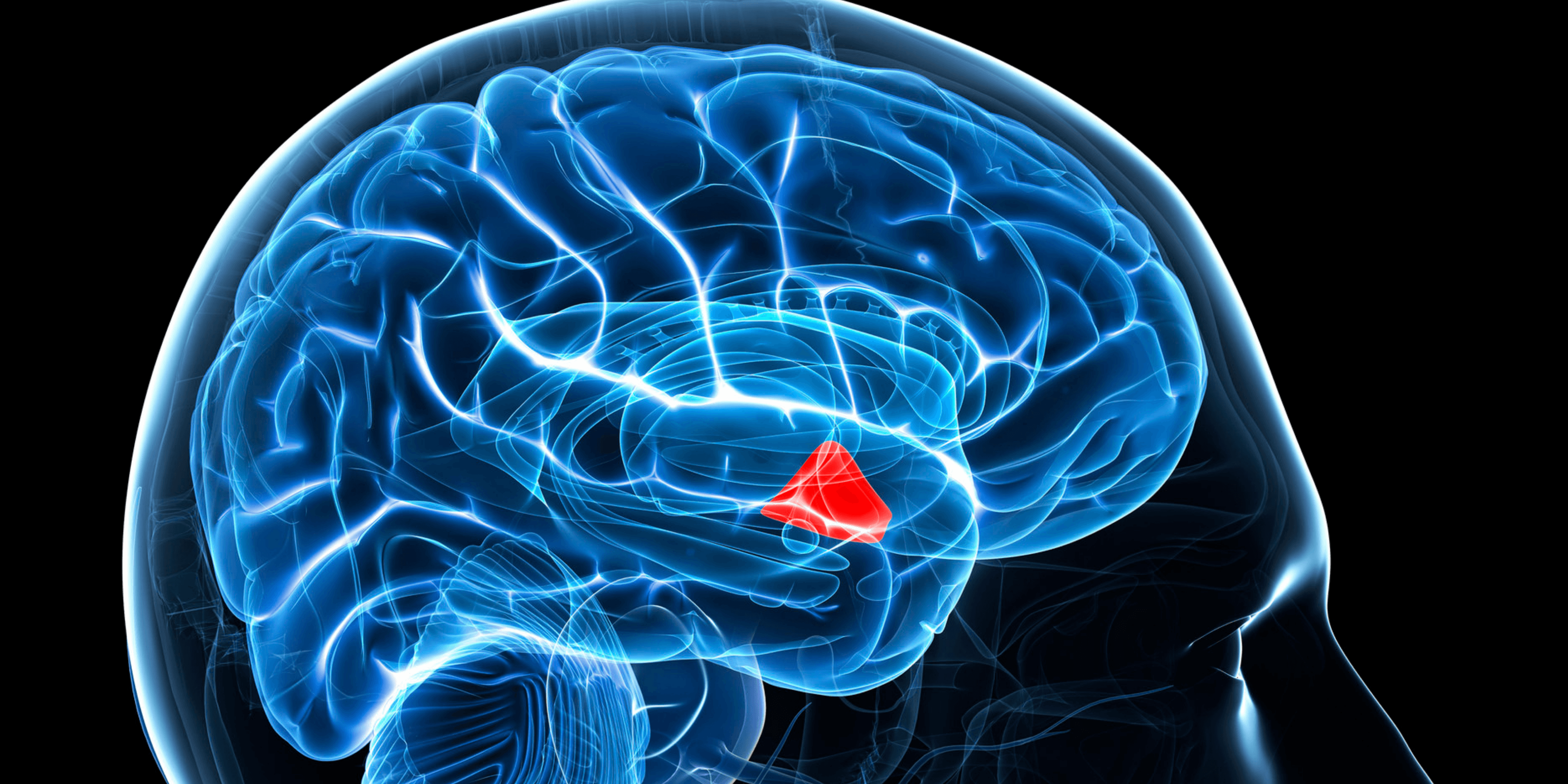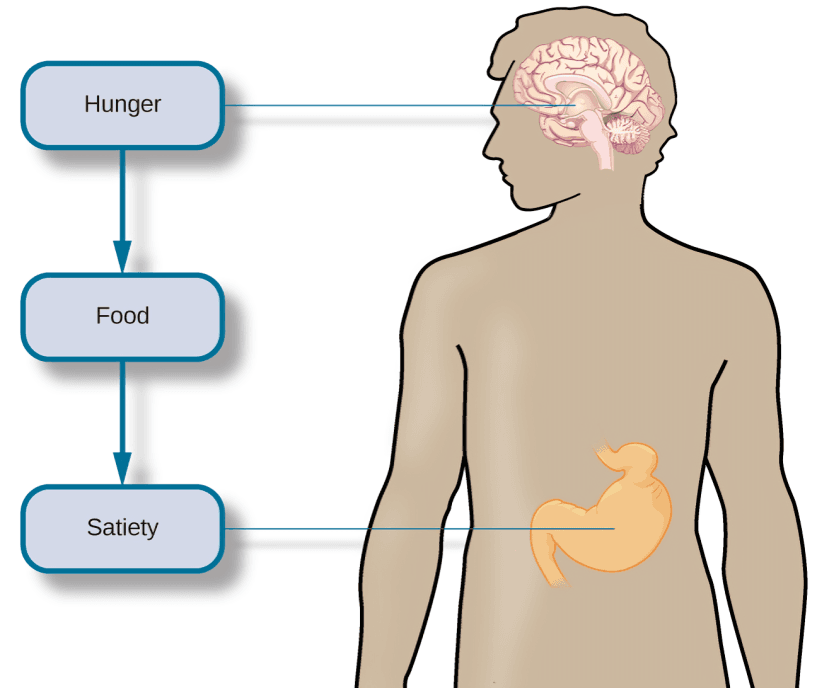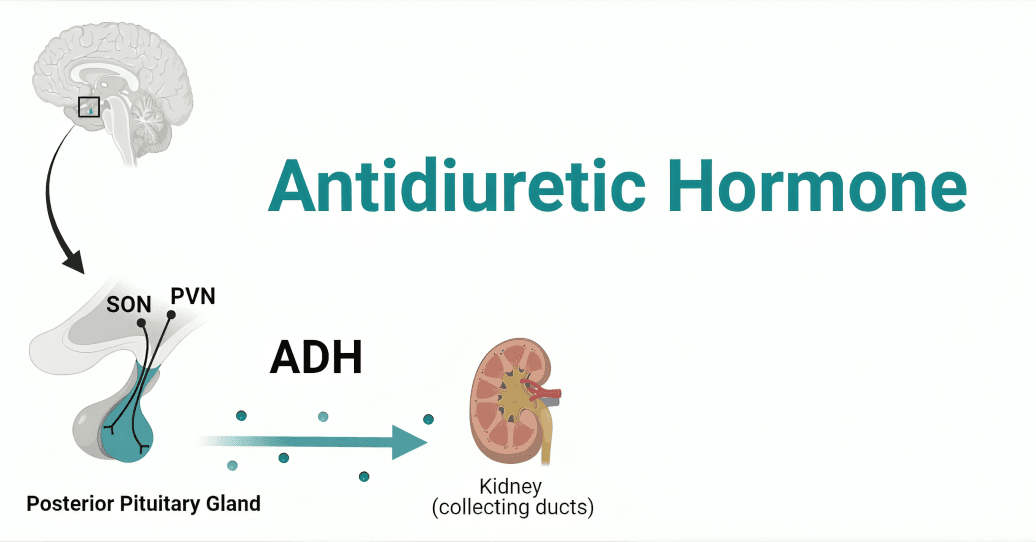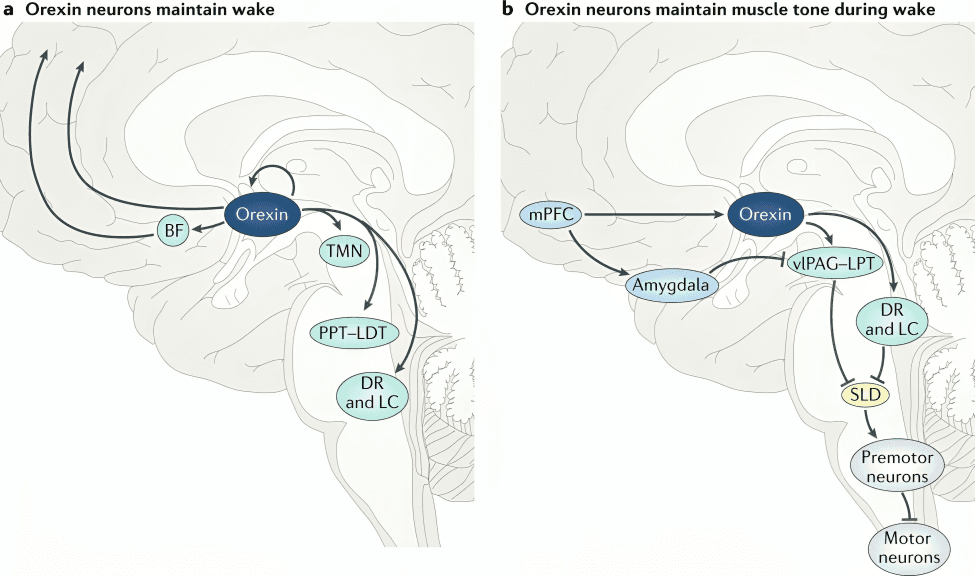
“
The functions of the hypothalamus are fundamental to human survival, influencing both voluntary and involuntary responses. Sitting below the thalamus and forming the floor of the third ventricle, the hypothalamus is a central hub for processing information from the brain and body, ensuring our responses to hunger, stress, temperature, and fatigue are timely and effective.1
1
”
The hypothalamus maintains body temperature by triggering shivering when it's too cold and sweating when it's too hot, ensuring our internal temperature stays close to 37°C for optimal functioning. 1
It regulates the autonomic nervous system, controlling unconscious body functions like heart rate, digestion, pupil dilation, and respiratory rhythms without your awareness. 2

When glucose levels drop, the hypothalamus stimulates hunger by sending signals to the digestive system and conscious brain, guiding you to seek food and restore blood sugar balance.
The hypothalamus sends hormonal instructions to the pituitary gland, directing it to release or inhibit growth hormone, thyroid hormones, and reproductive hormones, affecting metabolism and development. 3
One of its roles is managing the circadian rhythm—your 24-hour internal clock—by processing light signals through the eyes and adjusting sleep-wake cycles accordingly. 4
The hypothalamus stimulates the release of oxytocin during childbirth and breastfeeding, strengthening maternal bonding and allowing the milk letdown reflex in lactating mothers. 5
In response to threats, it activates the fight-or-flight response by signaling the adrenal glands to release adrenaline and cortisol, preparing your body for quick action or escape. 6
It constantly monitors blood pressure and electrolyte levels and prompts thirst when necessary, ensuring fluid balance and maintaining blood volume within safe ranges. 7
The hypothalamus plays a critical role in regulating body weight over time, adjusting energy expenditure and appetite to maintain a long-term set point for fat storage. 8

Through the secretion of antidiuretic hormone (ADH), it helps your kidneys retain water, reducing urine output and preventing dehydration during periods of limited fluid intake.
The hypothalamus supports thermogenesis by stimulating brown fat tissue to generate heat in cold environments, helping newborns and adults alike maintain core temperature. 9
It helps regulate sexual behavior and libido by interacting with hormones like testosterone and estrogen, integrating biological readiness with social and psychological cues. 10
The hypothalamus assists in emotional memory storage by interacting with the hippocampus, influencing how strongly we recall experiences tied to intense feelings. 11
It tracks daylight length to influence melatonin production, syncing human reproductive cycles with seasonal changes in certain mammals, although its effects are subtler in humans. 12
In metabolic disorders like obesity or anorexia, hypothalamic dysfunction can distort hunger and satiety cues, leading to persistent overeating or dangerous underfeeding behaviors. 13

Sleep disorders like insomnia and narcolepsy are linked to imbalances in hypothalamic neurotransmitters, disrupting the sleep-wake cycle and weakening restorative sleep functions.
The hypothalamus coordinates with the pituitary and adrenal glands in the HPA axis, a crucial system for adapting to psychological stress and maintaining mental health balance. 14
In thermoregulation failure due to hypothalamic damage, even slight environmental changes can lead to life-threatening hypo- or hyperthermia because of its role as the body's thermostat. 15
The hypothalamus influences blood sugar regulation indirectly by controlling the release of insulin-regulating hormones, playing a role in diabetes when signals become impaired. 16
Modern neuroscience builds on insights from 20th-century pioneers like Walter Cannon, who coined the term “homeostasis” and demonstrated the hypothalamus’s pivotal role in balancing the body’s internal environment. 17


